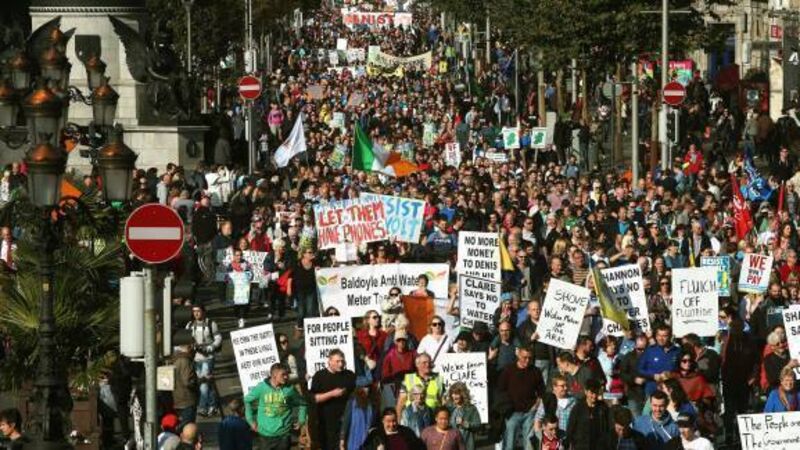Not to rain on the parade, but even revolutionaries have to pay their way

Maybe the French Revolution was inevitable. However, what provoked it was not obdurate opposition to change, but the very attempt to reform. Too late, and too weak to enforce transformation, the flailing attempt exposed vulnerability in an apparatus that had long forfeited its moral authority. That apparatus, though grandiose from a distance, in reality was an empty husk ready to be cut down. ‘People power’ stormed the Bastille, and once unleashed it could not be contained. In a moment, all awe disappeared. Self-interest followed promptly. The rest is history.
There are recurring themes in the loss of power. Hubert Humphrey, who was vice-president of the US in the 1960s, said: “History teaches us that the great revolutions aren’t started by people who are utterly down and out, without hope and vision. They take place when people begin to live a little better — and when they see how much remains to be achieved.” The accumulated overflow from long-entrenched channels of change is now coming up through the storm-shores of our society. The empowerment of the people via education, the media, and especially social media, has undercut the once essential inter-cessionary powers of politicians. Our need to speak to them about the little essentials of our lives has declined in tandem with their capacity to speak authoritatively for us, or even to speak cogently at all.















